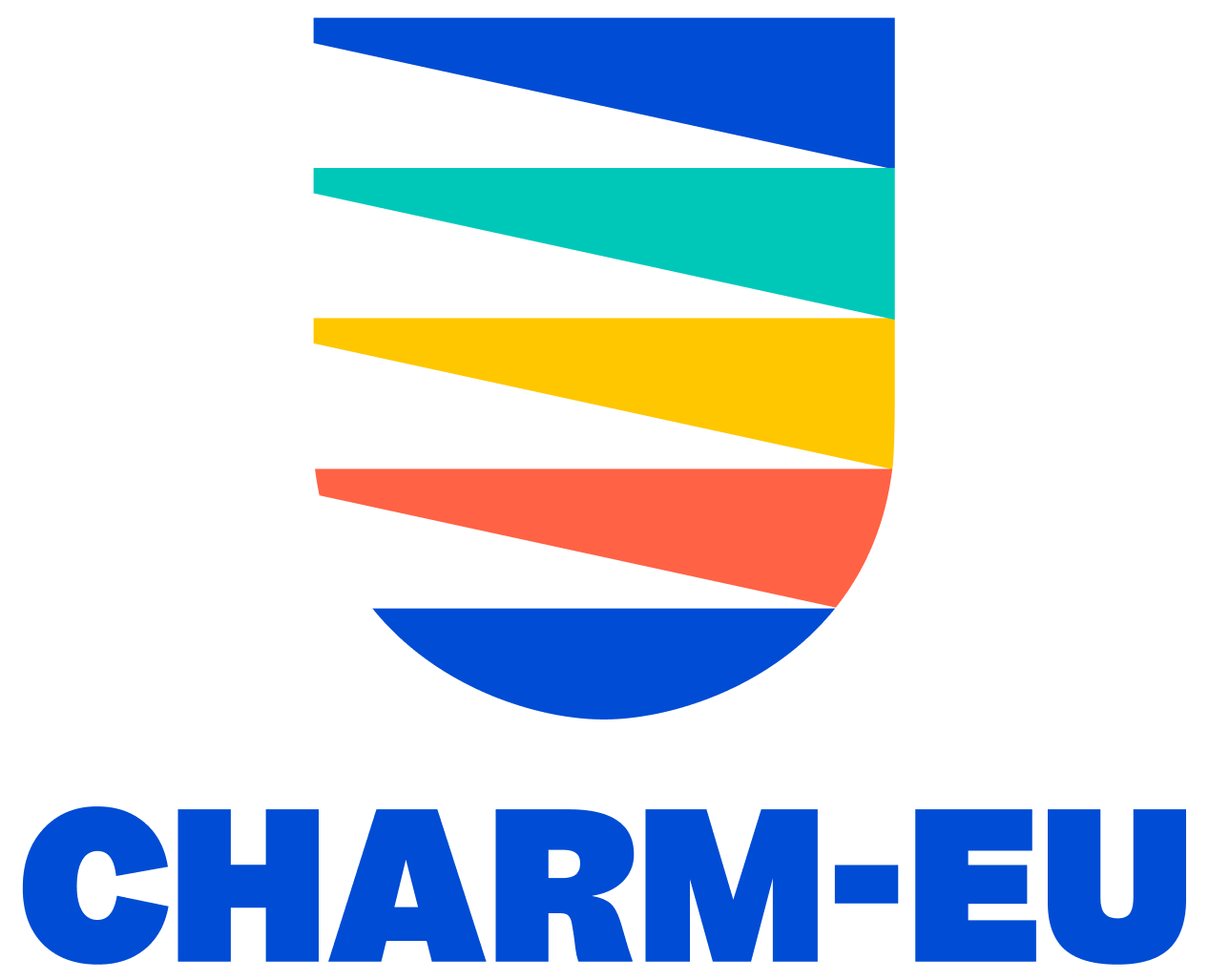Innovative Teaching in Inter-Institutional Hybrid Classrooms – Short course for professionals
Scope: 1 ECTS.
Date: 20.04.2026 – 29.05.2026
Time: 3 Synchronous sessions TBC
Fee: 15 euros.
Link to registration form. Deadline for registration is April 13th. Contact Anna Granberg (anna.granberg@abo.fi) for further details
Learning objectives and transferable skills: After passing a course, the student is expected to:
- Design and apply inter-institutional hybrid classroom curricula, learning activities, assessments, and best practices.
- Develop role descriptions and responsibilities for inter-institutional hybrid classroom participants.
- Explain and compare pedagogical theories that apply to inter-institutional hybrid classrooms.
- Establish positive communication practices for an inter-institutional hybrid classroom.
- Describe the basic technological requirements for an inter-institutional hybrid classroom.
Contents: The content of this course directly applies to the need for skill development for developers and teachers of inter-institutional hybrid classrooms. The content will include:
- Inter-institutional Hybrid Classroom Curriculum and Pedagogy
- Learning activities and curriculum design in an inter-institutional hybrid classroom.
- Pedagogy/theory of hybrid teaching.
- Best practices for teaching in an inter-institutional hybrid classroom.
- Importance of inter-institutional collaboration for module development in a hybrid classroom.
The course is divided into five modules:
- Modul 1: Roles and Responsibilities in Inter-institutional Hybrid Classrooms.
- Module 2: Communication Strategies and Inclusion.
- Module 3: Building community and establishing social presence.
- Module 4: Student Engagement and Assessment.
- Module 5: Technology and Policies.
Course language: English.
Teaching forms: The course will use both synchronous and asynchronous teaching approaches across a 6-week period using a flipped classroom approach.
At the start of the course each student will bring a personal case study from their perspective related to inter-institutional hybrid teaching which will form the basis of their work throughout the module.
The course begins with a 2 hour online preparatory module, and the following week there is an online/hybrid synchronous session comprised of one active learning session guided by a teaching staff member, and one scaffolded group work session, for students to collaborate and enhance their own personal case study report. The course follows this format culminating in an individual presentation within a hybrid classroom where feasible.
Study material: podcasts and video material.
Form of examination: For the asynchronous teaching, learners will access a Virtual Learning Environment to engage with learning materials and discussions.
For the synchronous teaching, learners can access the sessions via Teams online or where possible, in person at a CHARM-EU hybrid classroom.
There will be no final examination, but a continuous assessment approach will be used during sessions.
Grading scale: Pass/Fail.
Teachers: Silvia Gallagher and Daniel Griffin fromTrinity College, Dublin; Ádám Tóth, Annet van der Riet and Annisa Triyanti from Utrecht University; Katrin Niewalda from University of Würzburg, Jessica Smulter and Anna Granberg from Åbo Akademi University.
Examinator: Ivan Porres, Professor in Information Technology, Åbo Akademi University.
Organizer: Åbo Akademi University in collaboration with Trinity College Dublin, University of Montpellier, Utrecht University and University of Würzburg, as part of the CHARM-EU alliance.
